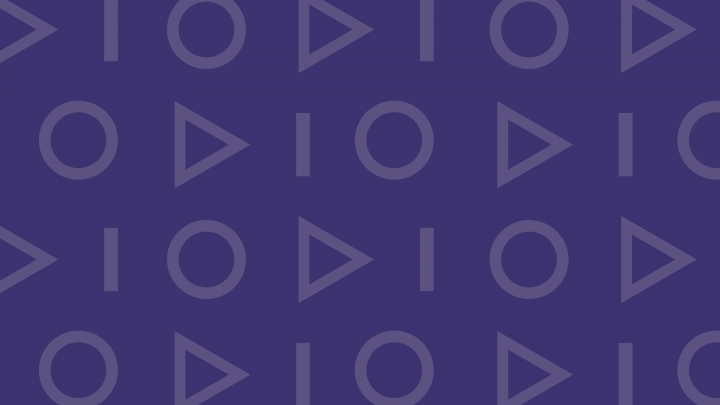DIRECT project’s team members Kari-Pekka Murtonen and Michael Oduor from Jamk travelled to Rwanda and Kenya in September-October 2022 to enhance the cooperation with our partners, conduct research activities, create connections with rehabilitation professionals, and explore other collaboration opportunities with researchers and stakeholders from the two countries.
Learning about pilot users’ experiences in Rwanda
The main aim in Rwanda was to conduct interviews, visit rehabilitation centres and other possible research sites in addition to holding further discussions with representatives from the University of Rwanda, our main project partner, and Rwanda Biomedical Center/Ministry of Health, to strengthen our cooperation.
In Rwanda, we mostly worked with Jean Damascene Bigirimana, Jamk Community Manager and CEO of HealthEdu Ltd, whose team helped to plan and schedule the interviews in Kigali. Because of unforeseen circumstances, we could not conduct interviews as planned in Musanze District, a mostly rural region in the Northern Province. During the week and a half spent in Rwanda, we did 23 interviews to learn about the experiences of patients and professionals participating in the Physitrack pilot including using the system, how it helped professionals in their work, and interaction with patients. Moreover, the overall rehabilitation needs, the barriers to accessing rehabilitation services, and using digital rehabilitation solutions were discussed during the interviews.
Most of the patient interviews had to be conducted in the local language, Kinyarwanda, so the primary researcher’s role was limited to observation and clarification when needed. This turned out to be an advantage because the interviewees communicated more freely as they could express themselves in their natural language. This led to richer conversations which addressed contextual issues that may not otherwise have come up. Another advantage was conducting most interviews at the institutions where professionals met with patients, which did not adversely interfere with their own work schedules or require much additional planning. Thus, we saved time and observed the professionals’ day-to-day activities in their normal working environments
During our time in Kigali, we visited a rehabilitation hospital, a day care centre for children with severe disabilities, and the Rwandese Football Association.


